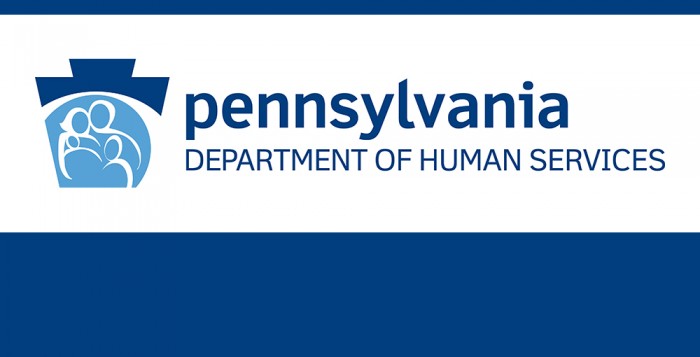The Department of Human Services has released a new Request for Information (RFI) to assist in determining possible implementation needs for the Commonwealth’s proposed 1115 Demonstration Waiver titled, Bridges to Success: Keystones of Health for Pennsylvania. This RFI will help inform a potential scope of work for private, public, and nonprofit organizations that could serve in the future as a program administrator for the program. If approved and implemented, Keystones of Health would bring new resources to Pennsylvaniaʼs Medicaid program to address health-related social needs (HRSN) that have a direct impact on health care spending and health outcomes. Responses to the RFI are due August 19, 2024 by 12:00 pm.
The proposed Keystones of Health program seeks to expand tools available to address critical health care needs of Pennsylvanians in four main areas: reentry supports, housing resources, food and nutrition services, and continuous health coverage for children under the age of six. This RFI seeks information to assist DHS in implementing the proposed housing, food, and nutrition services for beneficiaries. Through this RFI, the department is seeking knowledge about potential program administrator responsibilities and capabilities for administering these HRSN services. The RFI will also inform aspects of the DHS implementation plan that is currently in development, while the Commonwealth collaborates with the Centers for Medicare & Medicaid Services to secure approval. The department encourages respondents and other interested parties to provide feedback by responding to the RFI.
Section 1115 of the Social Security Act gives the federal government the ability to waive certain federal rules that govern Medicaid to allow states to design and evaluate new state pilot projects that promote the general goals of the Medicaid program, helping people live healthier lives. Section 1115 waivers are a major pathway for state innovation in the Medicaid program that many states have leveraged. If approved, and the necessary state funds are appropriated, it would allow DHS to introduce innovative programs and services that address health-related social needs that can improve health and quality of life for Pennsylvanians who access health care through Medicaid.
Submit feedback to DHSʼ Request for Information. The full application, including information on feedback received through public comment, is available on the Keystones of Health web page.
RCPA is reviewing the RFI internally and will meet with interested members on the RFI in the coming week. If you have any questions, please contact RCPA COO and Mental Health Policy Director Jim Sharp.


























